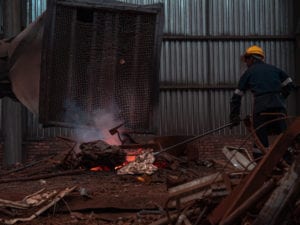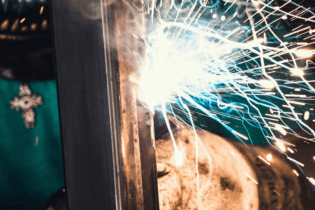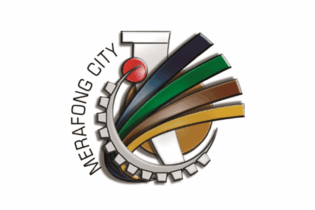The global coronavirus outbreak has locked the local steel industry in a chokehold, further weakening the already distressed manufacturing sector.
To combat the negative growth rate, Minister of Trade, Industry and Competition, Ebrahim Patel has launched an investigation into The International Trade Administration Commission of South Africa (ITAC) and its plans to alleviate the financial crisis faced by steel producers in SA. The minister has given the ITAC two months to complete this investigation, and in an unprecedented move, Minister Patel has prohibited the export of ferrous and non-ferrous scrap of any kind during this period. This is a mandate from government to stimulate investment in the local steel industry to expand its capacity and technological capabilities. As this investigation will also determine amendments to the Price Preference System which focuses on quality low-cost scrap, this is an opportunity for local steel manufacturers to gain autonomy and financial stability by taking the production and sourcing of scrap metals into their own hands. According to Neil Reddy, Business Strategy and Projects Manager for Veer Steel Mills, it can be argued that SA’s manufacturing decline is subject to SA’s over-reliance on imports for manufactured goods, and this move by the minister to halt exports for two months, although unprecedented can have positive effects such as giving the industry a small stimulus on local production and promote the agenda of rethinking the promotion of the local second-hand metals sector. “With the COVD-19 outbreak, the manufacturing industry has faced a plunge due to dependence on imported goods, which has been heavily restricted due to border closures and import revisions. This regression is a call-to-action to focus on sourcing and manufacturing locally right now, to efficiently cut down on the dependency and grow demand and support for the local market. This should motivate the concept of buying local and encouraging local markets to adhere to using products and inputs for local production and boost sales, create jobs and contribute substantially to the economy. This is also an opportunity for the steel industry to up the ante and start investing in greener technology.” The dependency on imports from local steel markets and exports of local quality scrap may reignite the conversation on the previously debated introduction of export tax on ferrous, non-ferrous scrap metal, which many believe to be detrimental to the scrap metal sector.Mentioned by Finance Minister Tito Mboweni in the 2019, budget speech and again by Minister Patel earlier this year, the introduction of an export tax was prompted by the suggested use of the Price Preference System (PPS) to advance the availability of scrap metals locally and expedite a 20-30% export price for the SA market.
“The Price Preference System is coming to a grinding halt and should have a long time ago. It was introduced in 2013, renewed in 2018 and subsequently updated in 2019 to last until March 2020. Its existence has given the National Treasury, the Department of Trade and Industry and the Economic Development Department and ITAC time to assess the introduction of an export tax and its implications. If it is maintained, the export price will need to match the international price, causing the scrap metal price to plummet further,” says Reddy. The current reliance on vehicle parts imports is $3.33-billion. In order to revitalise the South African steel industry, manufacturers must promote the Department of Trade and Industry’s goal to see 60% of automotive parts locally sourced and locally manufactured by 2035. This would result in drastically reducing South Africa’s dependence on imports, and proactively affect the pricing of scrap and affect the pricing allocated for the end-user. This will compel scrap producers to sell at better pricing structures, and this, in turn, will make purchasing from local producers the first port-of-call. A shift in local manufacturing vehicle spare parts, at a competitive price that effectively meets demand and turnaround, is exactly what the economy needs to disrupt the status quo. “By prioritising this exercise, we will be tasked with examining the shortage of skills within the industry to upskill employees, extend portable skills to school leavers to create a wider workforce and expand the local footprint via job creation to stimulate the economy. Of course, the success of this localisation policy is dependent on the policies and regulations within supply chain management, and how vigilantly companies across manufacturing sectors champion this process. If facilitated and administered correctly, we are in good standing to not only reach DTI’s 2035 agenda but also pave the way for SMEs within the manufacturing sector to achieve greater autonomy and financial success.” says Reddy.






